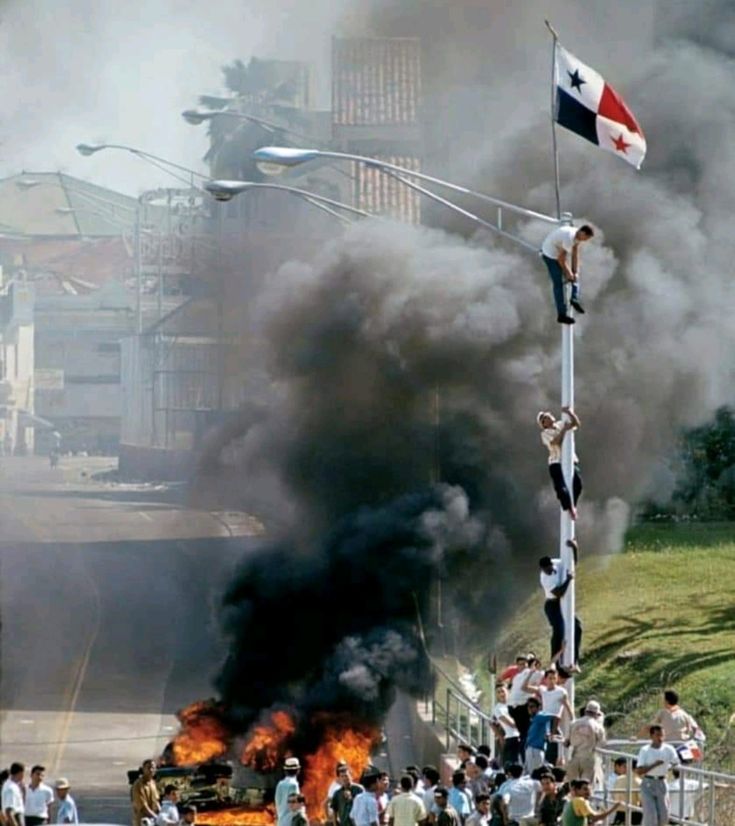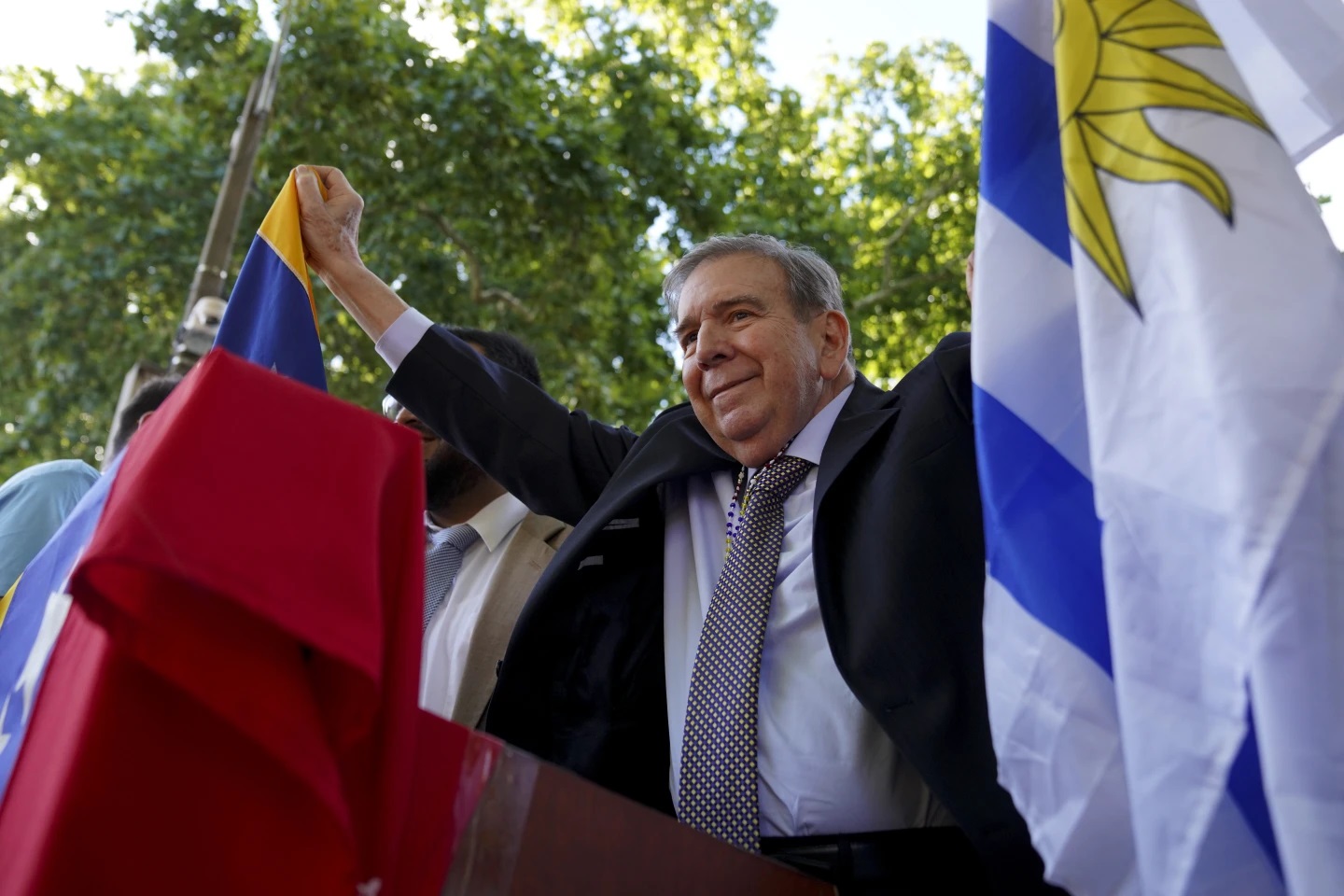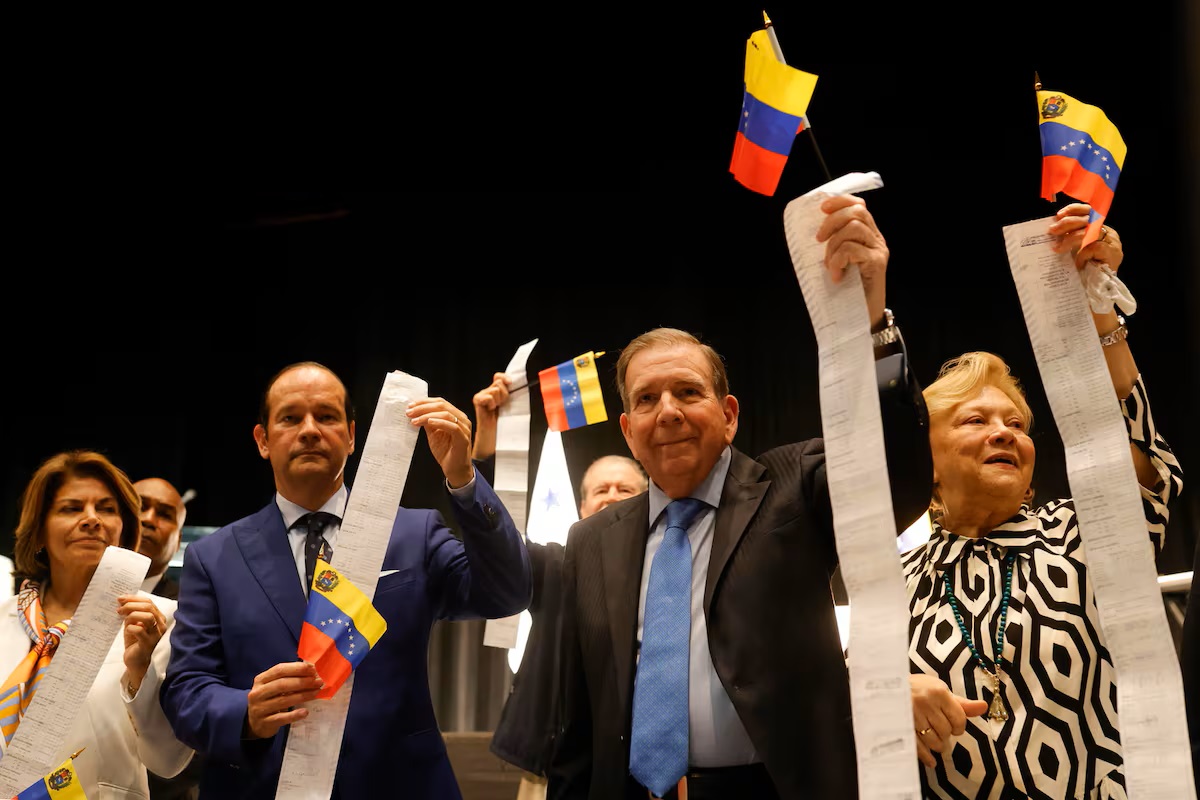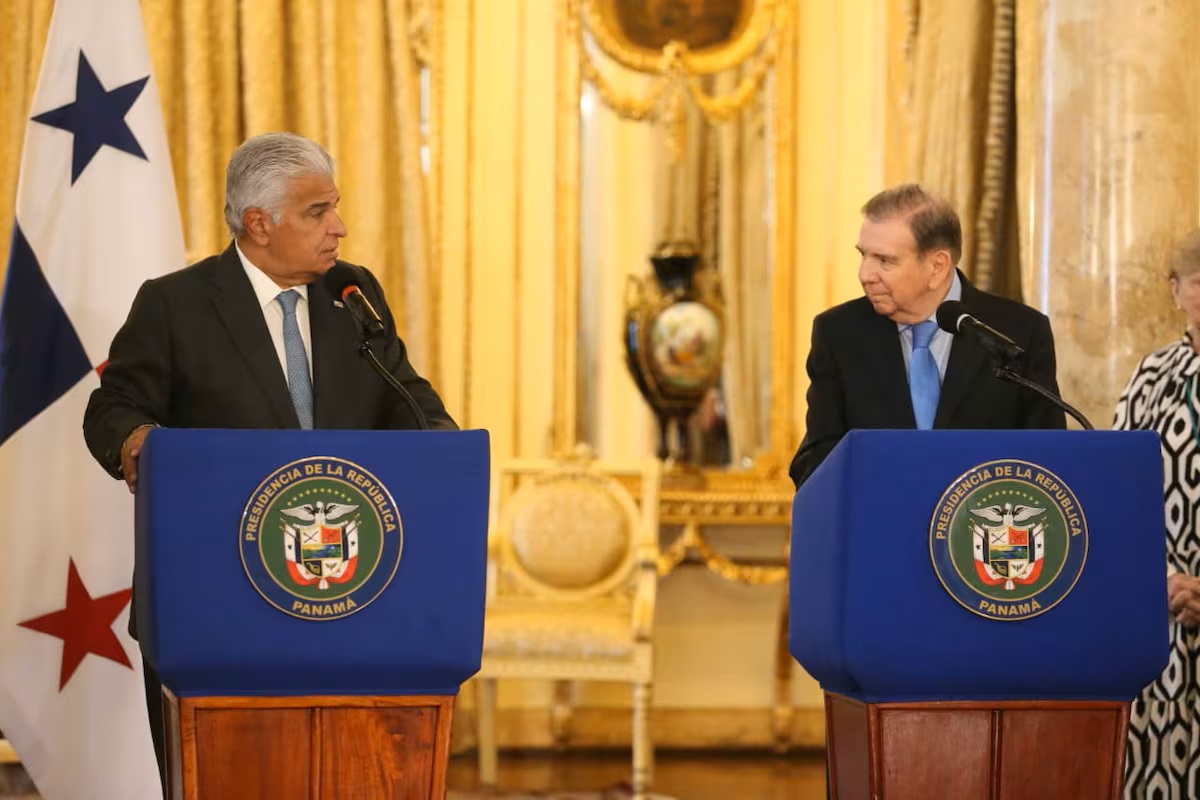José Raúl Mulino is now President of the Republic
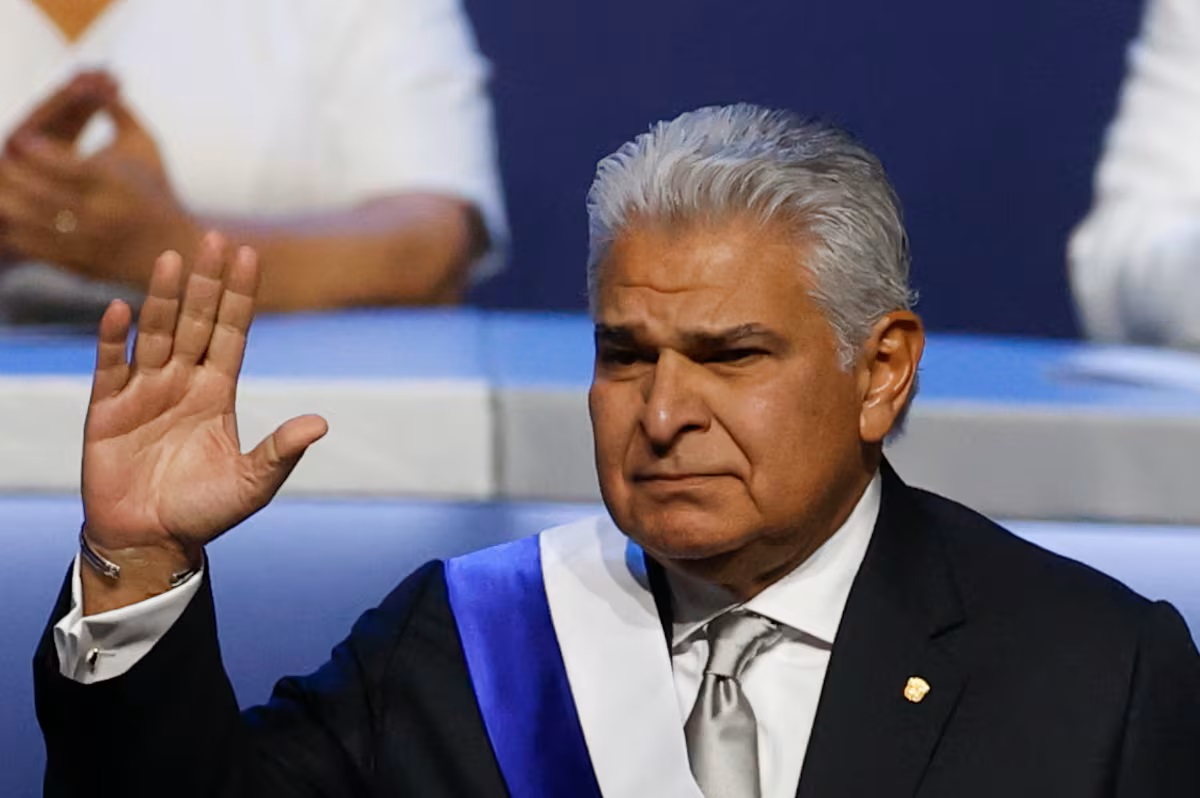
José Raúl Mulino is now President of the Republic. Monday, July 1, at 2:56 pm, he was sworn in at a formal ceremony at the Anayansi Theater of the Atlapa Convention Center, where he promised a comprehensive reform of the State. “Now, this family man owes his life to Panama,” Mulino told the audience. He asked his ministers to commit to “doing it differently.” “Let us come out in 5 years with our heads held high,” he said, and said that one of his dreams was to be president of the Republic. He later said that he would not protect anyone, “even if they are one of my own.” He claimed his participation in the government of Ricardo Martinelli (2009-2014), as Minister of Public Security. “I am proud to have been part of that government,” and referred to Ricardo Martinelli as his friend.

The presidential sash was placed on him by Congresswoman Dana Castañeda , who was earlier chosen as president of the National Assembly. His wife Maricel held the Bible on which Mulino placed his hand, at the moment of being sworn in. Mulino was moved by the applause of the public, while the Republican Band played La marcha Panamá. Behind them, arranged in three rows on the stage, the rest of the deputies watched. At one end of the stage were the judges of the Supreme Court of Justice. At the other end were the heads of government of Colombia, Costa Rica, Honduras and the Dominican Republic and King Felipe VI of Spain.
Referring to his years as Minister of Security, he recalled that at that time “the recipe was simple: continue what was already working well, change what was not working and do what was missing.” He acknowledged that they received a country in better conditions than now and he thanked former president Martín Torrijos (2004-2009) for that. In fact, the outgoing government of Laurentino Cortizo (2019-2024) doubled the public debt and Mulino says that is why he feels helpless and indignant. “We received a seriously affected economy. Not only did we lose our investment grade, but thousands of jobs and the confidence to invest in our country… The budget grew twice as much, but the quality of life of Panamanians fell,” he stressed. “The party is coming to an end and the bill will be paid by those who enjoyed it, not by those who suffered,” he said.
He referred to the formation of his Cabinet. “I am sure that several of them did not vote for me, but they are qualified and we have a common goal: to make this great country grow,” he said. In his speech he also invited the country to join forces and leave differences behind. He spoke of the “visceral struggle” within the political class, where adversaries “became enemies… the use of power was contaminated with hatred.” “This Panama of revenge broke the institutionality, going for heads and not for justice… As a lawyer, no one takes me into account what happened.” He said he was a victim of this tool “of oppression and judicialization,” which also led to the abandonment of essential works, such as hospitals and even the program for the implementation of Italian radars, a case for which he was investigated and preventively detained. “I have already turned the page on this sad page. You cannot go ahead with your eyes on the back of your head,” but he warned that this does not mean that there will be complicity on his part in the commission of crimes and the squandering of public funds.
He also promised to give “personal follow-up” to the tender for the new oncology hospital, which will also have a hotel for patients from the interior. He also spoke of opening centers in other provinces, to relieve congestion at the ION. Regarding the garbage, he said that he will extend the contracts of the companies that collect garbage until December, but that he will monitor their performance. He will call for public tenders to build a pet hospital and promised to complete and deliver housing projects already under development. Regarding the migratory flow in Darien (where he visited last Friday), he said that there are criminal groups operating along the route and that the problem has become a major migration crisis. “Each country must solve its problems. Panamanians did not vote for me to look the other way, to accept these aberrations or to accept as good something that is wrong,” and he said that Panama will not be able to continue financing this illegal migratory flow; nor will it allow Senafront agents to deal with this migratory problem. “Panama will no longer be a transit country for illegal immigrants.” After those exact words, someone in the audience shouted: “Hey, Petro,” alluding to Colombian President Gustavo Petro, who was present at the ceremony in Atlapa. He also said that he will bring drinking water to the entire country, but “under no circumstances” should this be understood as meaning that Idaan will be privatized.
Regarding the reactivation of tourism, he said that he will measure the results by hotel occupancy and will optimize the Copa Airlines stop-over program. “We will make accessible tourist packages, to compete with the rest of the region,” and part of these packages will be within the country. He repeated that the crowning achievement of his government will be the Panama-David train and that he even spoke about this project earlier, in a meeting with the King of Spain. He added that he wants to make biofuel production a reality. He estimated that the production of a cleaner and more efficient fuel could generate 20 thousand jobs. But where will the money come from to finance all this? “I did not reach my 65th birthday by covering up reality,” he said, announcing the implementation of a public austerity plan and rethinking priorities. “For example, we will take away the politics and clientelism… This way we will be able to carry out the announced works.” Mulino referred to the fact that Panama suffers the stigma of being on the sanctions list of various organizations, which forced Panama to approve laws that have practically destroyed Panama’s business model. He complained that those countries that sanction Panama use the canal, participate in the country’s tenders and establish organizations in Panama. He then said that the Mossack Fonseca case was a “hoax” mounted to undermine the country’s dignity. In this regard, 28 people accused of alleged money laundering in the aforementioned case were acquitted by a criminal judge last Friday.
Regarding the elections of May 5, he acknowledged that the result at the polls reflects the “disgust” of the electorate. He urged the more “veteran” deputies to get infected with the new “batch”, which aspires to do things differently, without the “shameless game”, the “blackmail”, the “pretext of serving, but serving oneself of politics”. He warned the country that there are no intermediaries and that if anyone asks for a bribe, “Please report them.” “Nobody speaks for me. I am an open and frank man, who did not come to this position to do business.” “I will not allow anyone to tarnish the name of my government or my own,” he said. Regarding the aid and assistance from the Institute for the Training and Utilization of Human Resources (Ifarhu), he promised that it will be for students with merit, from families that have an income of less than $2,000 per month.
During the five-year term of Cortizo’s government, Ifarhu spent $2,215.2 million. Mulino was presented an interactive database with the names of 2,144 people who benefited from non-reimbursable financial aid, distributed by the entity at its discretion, without any formal requirement. The majority was in favor of relatives, supporters, suppliers and people close to those in power. “We will conduct an investigation to convert these financial aids into loans and for them to start paying back what they took,” Mulino promised. He added that Ifarhu was an institution that was “hijacked” by politics during the five years of Cortizo’s government and that it only served to help “the friends of power.”
Regarding the Directorate of Social Assistance (formerly PAN), he warned that it will disappear. He then referred to the funds distributed by the National Decentralization Authority (AND) to mayors and representatives of districts who are members of the PRD, outside of what the law dictates. “Parallel decentralization and the criminal way in which it is used will die with me,” he cried. In the five years of the government that ended yesterday, the AND spent $1,164.8 million. He asked those who remain in their posts to resign, because he comes with a team and is clear about how he wants to reactivate the economy. He did not specify which posts or who he was referring to. As for ‘El Chen Chen’ and the CSS. Mulino promised that his government will revive employment in the private sector, and that he will make cuts to the Assembly’s budget and excessive government spending. “That’s more chen chen for you.”
He spoke of the urgent need for a response to the pension programs of the Social Security Fund (CSS) and “cosmetic” solutions no longer work. He proposes a “fundamental” reform, which should also resolve the problem of surgical delays and the lack of medicines, for which he promised to open the tenders to more competitors. All of this is to happen without privatizing the CSS. He considers it reprehensible that mayors, representatives and companies owe contributions to the CSS, and that it is going after them. He asked drug manufacturers and distributors to “sharpen” their pencils in order to make profits without affecting patients. About the mine in Donoso A “weak” government could not guarantee a fair agreement with the mine, and even less so an outgoing one, like Cortizo’s. He promised to respect the laws, the Court’s ruling and the clamor of the people, and will order strict auditing of Minera Panamá’s concession in Donoso. “The plan to open and close in a definitive and safe manner for the country will depend on this environmental study,” he warned.



